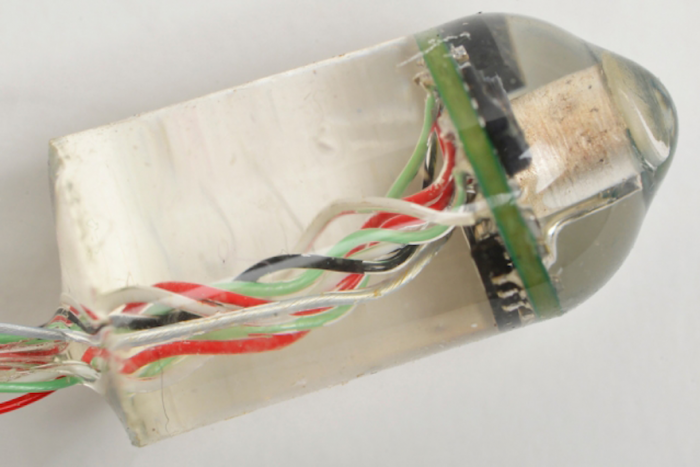
MIT researchers are updating the conventional way of tracking vital signs with their ingestible sensor monitor. The small device is the size of a vitamin pill and when swallowed, it can pick up on sound waves from the digestive tract through the sensor’s miniature, built-in microphone. The audio feed is then transmitted into heart and respiratory rates using a processing algorithm.
The sensor is said to be a significant improvement from the traditional forms of monitoring that require contact or close proximity with a person – this can be uncomfortable or even painful for some patients, especially burn victims.
From a healthcare point of the view, the sensor could prove to be a much more accurate form of measurement and more adaptable to different types of medical cases. The sensor has proven successful in testing, but the next step forward for the team at MIT is to come up with a completely wireless version of the sensor, using FDA approved materials.






